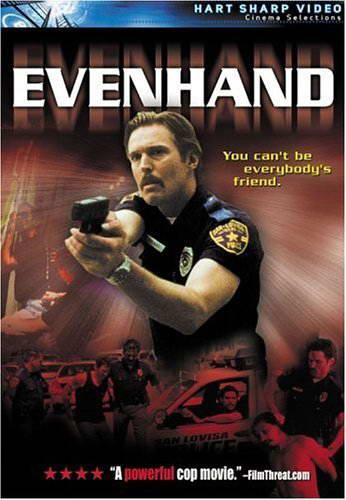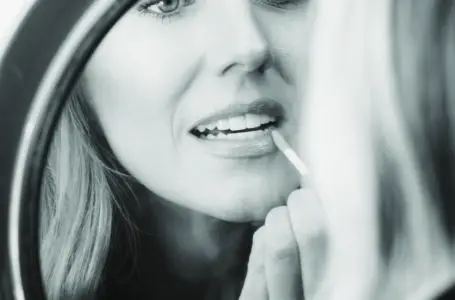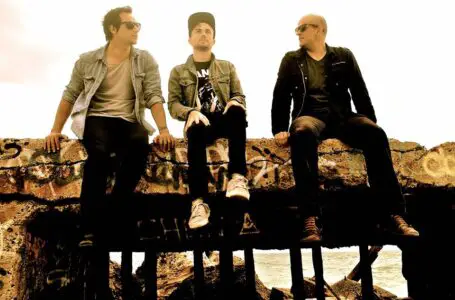Interview with director Joseph Pierson about the film EvenHand

EvenHand is a film I came across a few years ago about the lives of cops in a small city in America. I liked the look of the trailer and thought the movie & it’s director needed some PR. So here is the interview and find out about the movie.
1. What was the inspiration for the film?
1. The
screenwriter, Mike Jones, is a Texas native. One day, his sister frantically called
him from the airport saying she had forgotten her ticket. Mike found the ticket
and sped off to the airport with it. He was shortly pulled over by a cop for
speeding. Mike jumped out of the car, waving the ticket, expecting to explain
his way out of a jam. Instead, the cop drew his gun and yelled for him to get on
the ground. In the cop’s eyes, he was a lunatic, jumping out of the car, waving
his arms. This led Mike to ponder what it must be like to be a cop, to never
know what to expect when you knock on a door, or pull someone over. He then
watched a lot of "Cops" episodes and wrote "EvenHand."
2. Was it hard to raise funds for the movie?
2. Yes,
it is always hard to raise funds for a decidedly low concept indie flick. But,
I believed in the script and my persistence paid off.
3. What have you learnt from making the movie that you would use in future releases?
3. Be
prepared. Time is your most precious commodity, so you have to make the most of
every moment. Shot list every scene. When someone doesn’t show up, or something
breaks, find a creative solution. When an actor questions your choice as a
director, be able to defend yourself and your choices, but also have the
flexibility and presence to recognize someone else’s good idea. Don’t use the
cheapest camera equipment you can find because it will break and then you will
be screwed. If anything else breaks you can work around it–not the camera. But,
don’t compromise on sound–believe it or not, bad sound is worse than a bad
picture.
4. Was it hard to edit the film to make the story flow?’
4. EvenHand
is very episodic in nature, so it took a lot of tweaking to find the right rhythms.
It wasn’t possible to know how it would all fit together until we got to the
editing room. And knowing how to edit is one of the most important skills to
have as a director. One important example: you can’t be too in love with
everything you shot because inevitably some of it just doesn’t belong in the
movie. You need perspective to know when it just doesn’t work.
5. Was it hard to make the film with the budget you had?
5.
Absolutely. We shot on 35mm, which was the only real option then for a film we
wanted to see in theaters. Distributors weren’t too keen on digital formats at
the time. But by using almost all local cast and crew, we saved a lot of money.
The DP, me, one of the lead actors and three or four other crew members stayed
in a rented house to save money. It was like living in a dorm, but filled with
insane film people. I slept in the converted garage. One of my fondest memories
are the blue pancakes my Swedish assistant made for breakfast.
6. Did the actors stay pretty much to the script or was improv allowed?
6. I
thought the dialogue in the script was excellent, so unless the actors could
come up with something better, I encouraged them to stick to the writer’s
words. But, as they got into character, there were subtle changes that
reflected their interpretations of the characters, which made the film feel
more real. We also shot several scenes of the two cops riding around talking that
became part of a series of montages, that were entirely ad libbed by the two
leads. These are some of the funniest moments in the film, and entirely
consistent with the characters Mike Jones created.
7. What was it like having a real cop on the set. What did he bring to the table?
7. We
had several real cops on the set on most days. But one, Richard Hodge, became
our unofficial resident consultant. He advised us on radio protocol, how to
cuff a suspect, and innumerable other small details of day to day cop activities
that really helped the film to be as realistic as possible. Most police
officers who have seen the film are impressed with the verite quality, which is
in large measure due to Richard’s and his colleagues’ contributions and eye for
detail. We also used off-duty cops for all the police scenes that involved
additional officers. They showed up in uniform and we simply swapped their San
Antonio Police badges and patches for our own San Lovisa versions.
8. How did Mike Doughty get involved with the film?
8. Mike
Doughty was a friend of Bill Dawes, one of our lead actors. Bill introduced us
and after Mike saw a rough cut of the film he agreed to write four songs for
the film. I was very pleased that he really understood the film, which is
reflected in the excellent songs he wrote for us.
9. Do you think it is hard to make an independent film in this day in age?
9. From
a logistical standpoint, it has never been easier to make an indie film. The
technology is cheap and easily accessible. But 1000 channels on TV and streaming
video on the internet means even less money in license fees for the handful of
films that are lucky enough to get some form of distribution. And all I hear at
festivals and panel discussions these days is that the filmmakers are now
expected to be their own distributors. Making movies and marketing movies are
two very different skills. Artists are not expected to know how to run
galleries; writers don’t start publishing houses, and yet twenty-something
filmmakers have to become their own distributors and marketing executives to
achieve any measure of success. I’m not sure if that means it’s tougher than it
used to be, or just a different kind of tough.
10. What is next for yourself?
10. I
have a novel by the great Patricia Highsmith under option now, "A
Suspension of Mercy." My friend and colleague, Bruno Coppola, has written
a terrific screen adaptation and we are now shopping it around. With any luck,
we will be in production sometime in 2012.












